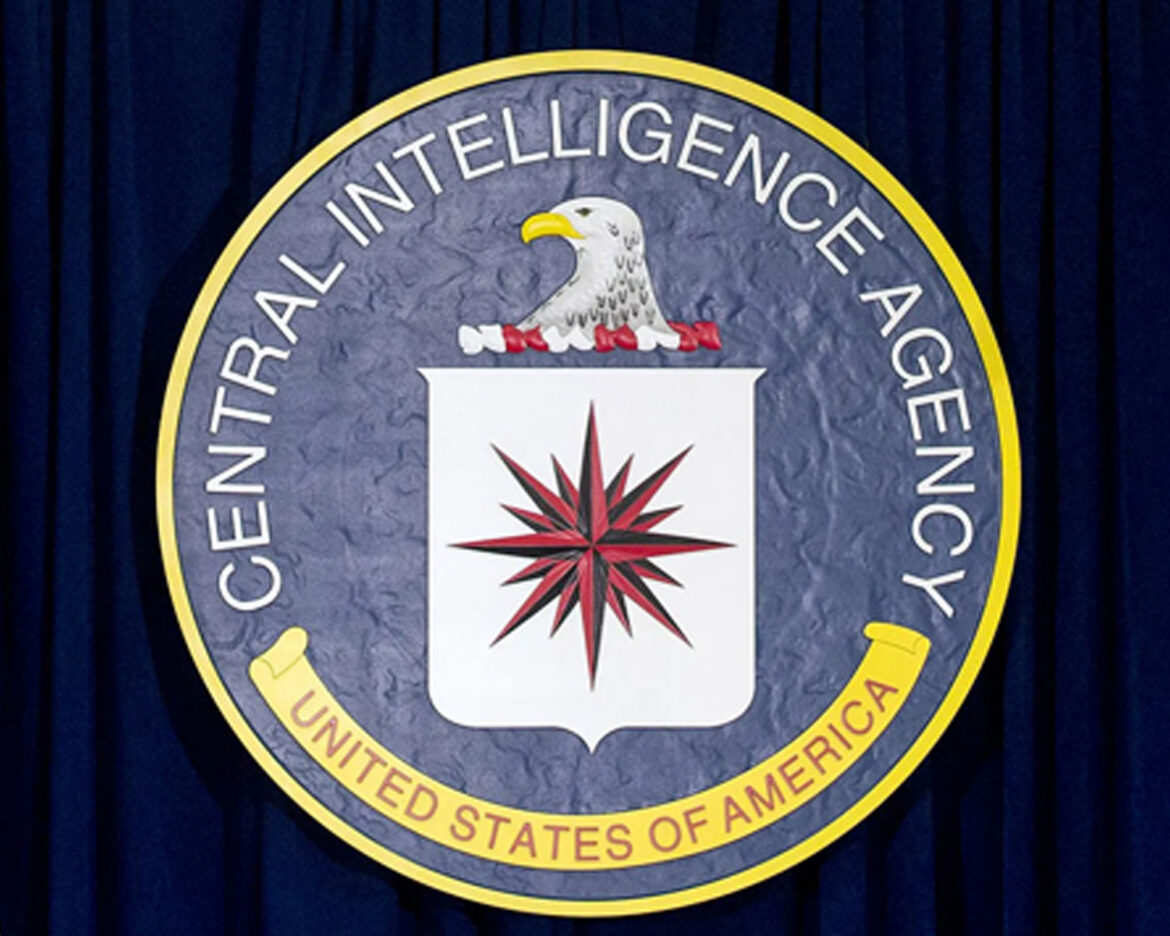In an unprecedented move, the U.S. Central Intelligence Agency (CIA) launched a recruitment campaign on Wednesday, aimed at enlisting informants from China, Iran, and North Korea. This drive builds on what the agency describes as a successful effort in recruiting sources from Russia.
According to a CIA spokesperson, the agency provided instructions in Mandarin, Farsi, and Korean on various platforms, including X (formerly Twitter), Facebook, Instagram, Telegram, LinkedIn, and even the Dark Web, detailing how to securely contact the CIA. The campaign is designed to reach individuals in countries known for tight governmental control and surveillance.
“Our efforts on this front have been successful in Russia, and we want to make sure individuals in other authoritarian regimes know that we’re open for business,” the spokesperson said. The CIA is adapting to heightened repression and global surveillance, ensuring that those in need can communicate securely.
The agency shared a Mandarin-language video on YouTube, urging potential informants to use trusted encrypted Virtual Private Networks (VPNs) or the TOR network to contact the CIA via its official website. It assured potential recruits that their safety was paramount while seeking detailed information such as names, locations, and other contacts not linked to their true identities.
However, the campaign has drawn swift criticism. Liu Pengyu, a spokesperson for the Chinese embassy, condemned the CIA’s actions as part of an “organized and systematic disinformation campaign” against China. He added that any attempts to weaken the bond between the Chinese people and the ruling Chinese Communist Party (CCP) would inevitably fail.
Neither Russia’s embassy nor Iran’s UN mission responded immediately to requests for comment.
This latest effort comes as tensions rise, with the CIA’s focus growing on “hard targets”—nations like China, Russia, Iran, and North Korea, whose governments are notoriously difficult to penetrate. The CIA’s intelligence needs are increasingly pressing, as China strengthens its military ties with Russia and Iran, posing challenges to U.S. strategic interests in the region.



